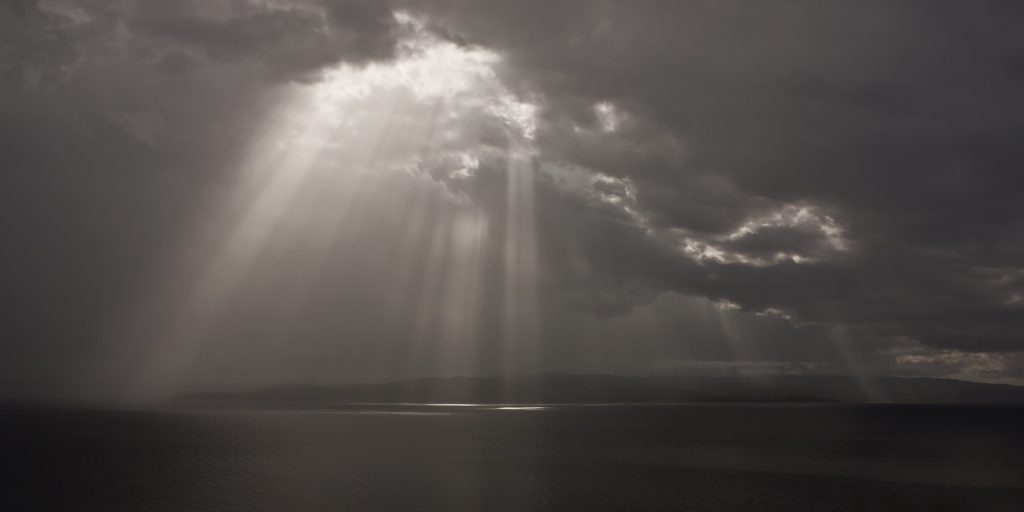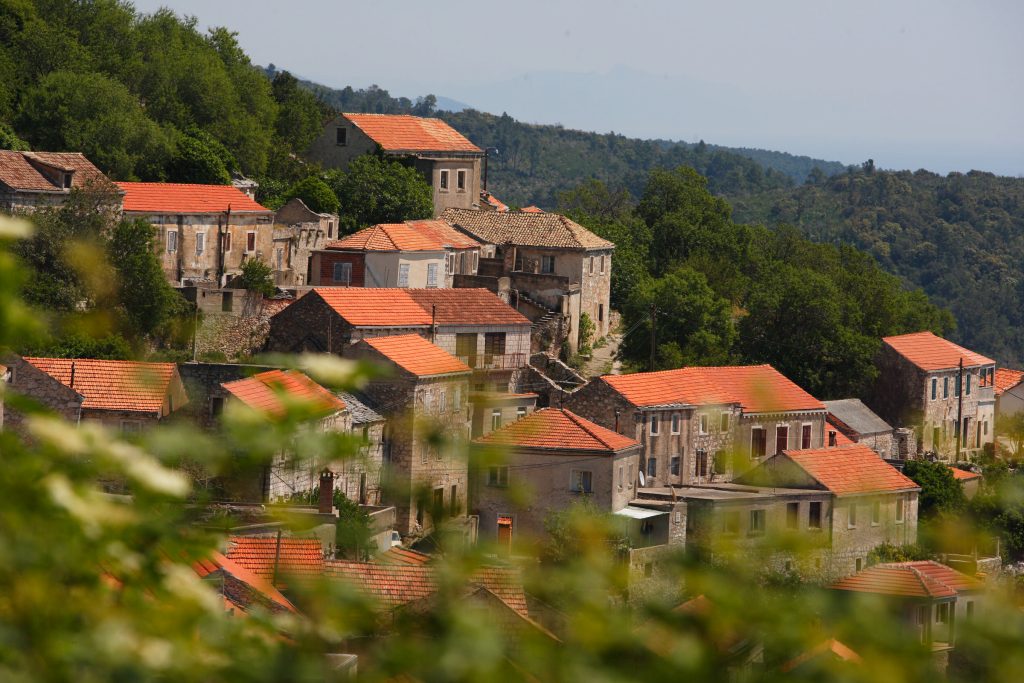September the 13th, 2023 – Croatian folktales are as enchanting as the myths and legends told for generations across the world, and while the tale of Ban Dragonja the giant is less known, Nera and Antonio’s saga is more popular.
It’s probably somewhat to true to say that most countries have their own twist on a Romeo and Juliet-esque saga, with English playwright William Shakespeare’s tale of (rather dramatic) teenage love being the most famous of all. Croatian folktales like Nera and Antonio’s fraught love story, however, are worth telling.
Before I begin, I should probably make it clear that Nera was an underwater Goddess, while Antonio was a mere mortal who, much like the rest of us, wouldn’t be able to spend a great deal of time underwater before, you know, dying. That didn’t quell Nera’s love for him when she set eyes on this humble, hard-working and good looking young man from Smokvica on Korcula. She first noticed him while he was cooling off in the sea. For a besotted Nera, it was love at first sight.
Back during the times of Croatian folktales like that of Nera and Antonio, stories of mythical creatures, fairies and the gods of nature, the sea, the mountains and just about everything else were constantly told. It isn’t a surprise the Goddess of the Sea was a woman, who was, much like the Adriatic, calm but very powerful. Antonio on the other hand was, as stated, a simple man who lived the sort of life lived by the majority of Dalmatian men back in times gone by – a hard one. Perhaps even harder as he was also a less than privileged islander from a small village.
While Antonio’s life was the simple, often difficult existence bestowed upon all young Dalmatian villagers, one thing stood out about him – his startling good looks. He was the object of desire for all women who happened to come into contact with him, and Nera, despite her rank as the Goddess of the Sea, was no exception.
Nera decides to become a mere mortal to be with Antonio, but this upsets the Gods…

Nera’s infatuation with Antonio was so strong that she planned to shed the immortality and power afforded to her and become just like everyone else so that she could be with the handsome young villager. Her request to be relinquished of the powers vested in her was rejected by her father, who had already promised the hapless Nera to the Supreme God of the Sea. Nera, upset by her father’s stoicism, lamented about why she needed to be with Antonio, who had rejected all other women before her, having preferred instead to continue his simple life working the land.
Nera’s father became angry, and said that if Nera wanted to be with Antonio and forego what her path was supposed to be, he would turn the pair into stone. Nera was devastated and begrudgingly withdrew the request. She remained the Goddess of the Sea, fearful of upsetting the gods and bringing shame upon her father. Nera returned to her duty beneath the soft waves of the Adriatic Sea, and she never saw Antonio again despite Antonio living a long, long life and dying only in old age.

The pair never stopped loving each other despite being able to be together, and one can only imagine that it is actually Nera’s rage coming to the fore when the bura winds blow and the gentle Adriatic becomes a dangerous swell of waves that shift rocks and alter the shape of the land.











